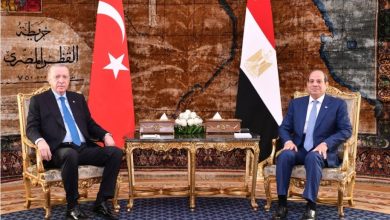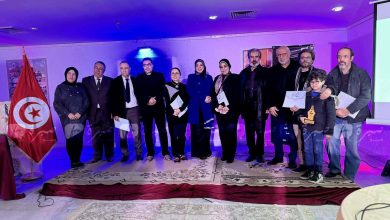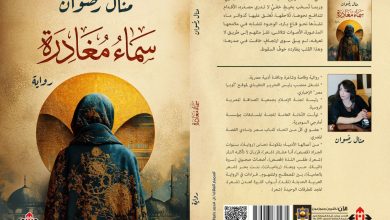Cao Shui Inspires Hundreds of Children with “Great Poetry” at Hutai Primary School in China
World Poetry Movement’s Educational Pilot Brings Imagination, Identity, and Literary Power to the Classroom
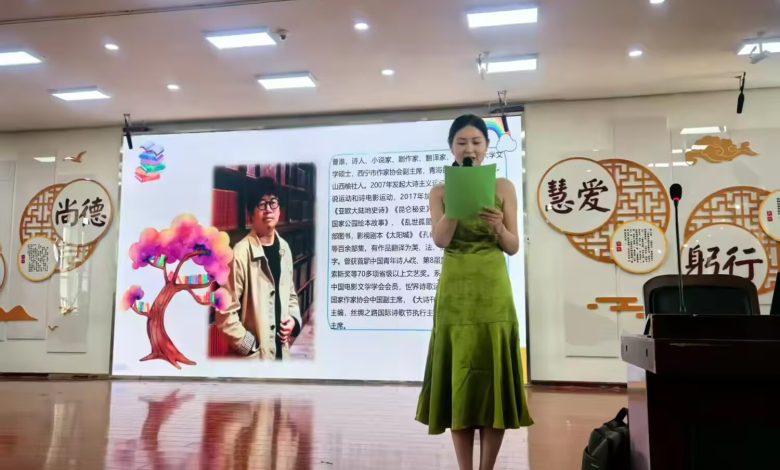
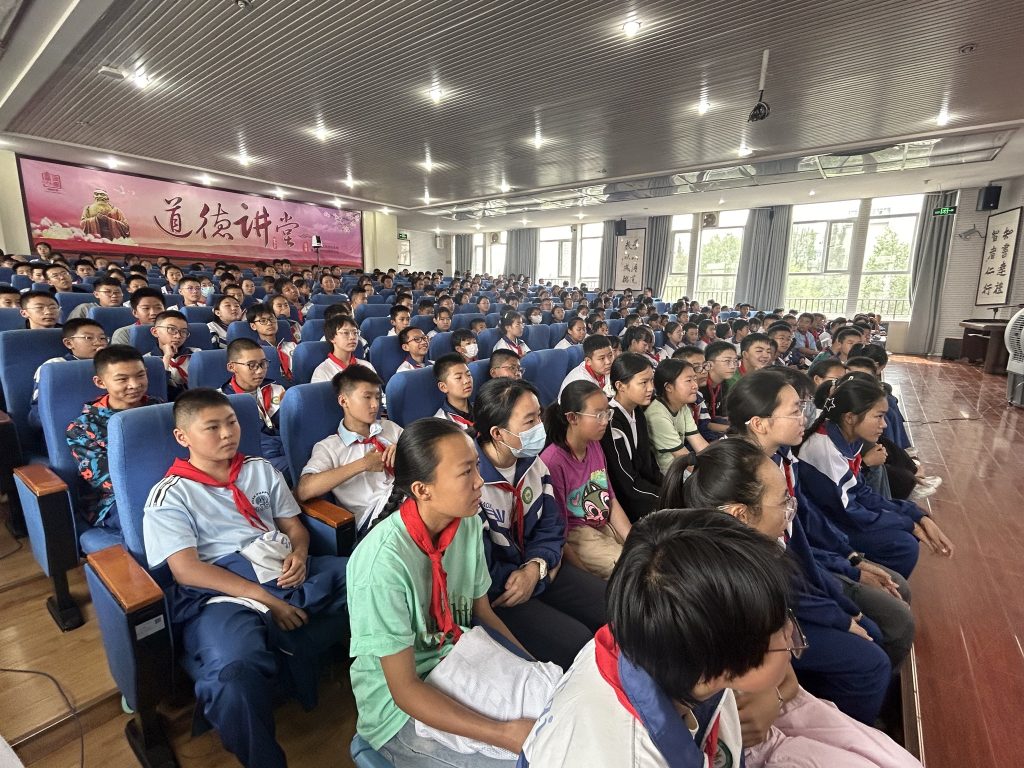 Xining, China | June 17, 2025 – In a heartwarming and imaginative literary encounter, renowned Chinese poet and thinker Cao Shui visited Hutai Primary School in the city of Xining, Qinghai Province, as part of an innovative educational initiative under the World Poetry Movement (WPM). Addressing more than 400 sixth-grade students, Cao delivered a lecture and interactive workshop titled:
Xining, China | June 17, 2025 – In a heartwarming and imaginative literary encounter, renowned Chinese poet and thinker Cao Shui visited Hutai Primary School in the city of Xining, Qinghai Province, as part of an innovative educational initiative under the World Poetry Movement (WPM). Addressing more than 400 sixth-grade students, Cao delivered a lecture and interactive workshop titled:
“The Great Poetry: Methods of Writing Poetry.”
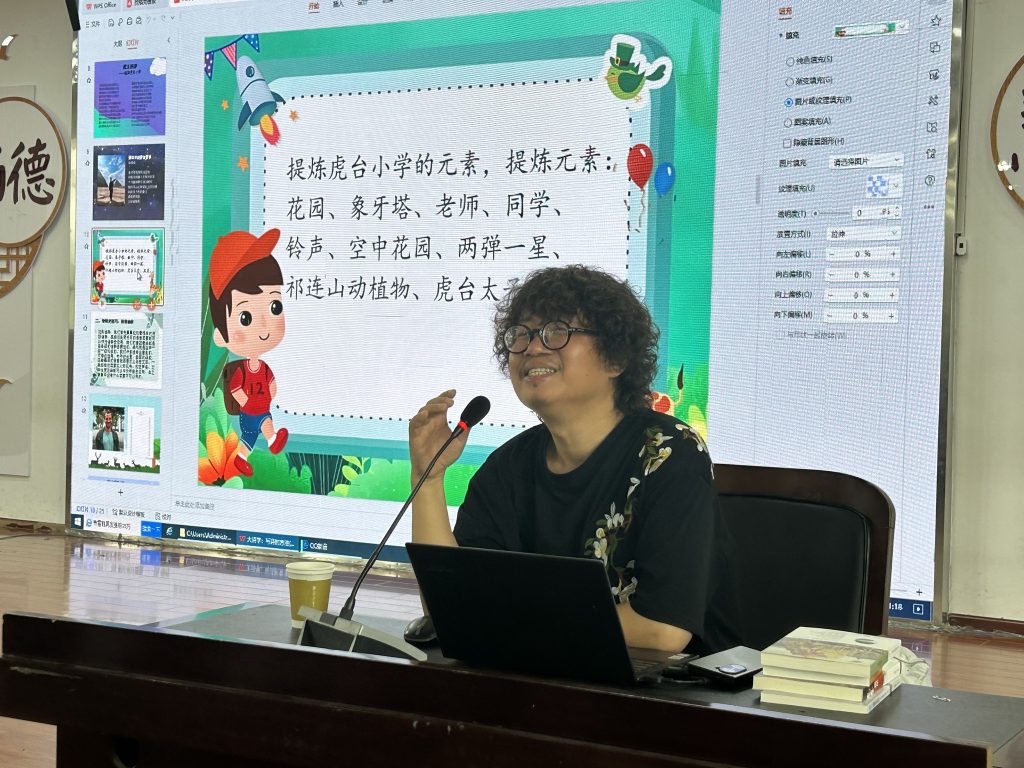 This event was not merely a poetry reading—it was a full-fledged experiment in literary pedagogy, aimed at awakening the poetic voice within each child, and demonstrating that every heart contains a poet.
This event was not merely a poetry reading—it was a full-fledged experiment in literary pedagogy, aimed at awakening the poetic voice within each child, and demonstrating that every heart contains a poet.
 A Global Educational Vision in a Local Chinese Classroom
A Global Educational Vision in a Local Chinese Classroom
The workshop marked a significant step in the development of The School of Poetry, a WPM-affiliated program that seeks to integrate creative writing into early education worldwide. During his session, Cao Shui introduced the core methodology of the “Great Poetry” movement, a poetic theory he has developed over the past decade. The approach involves: Extracting elements from real life, Applying rhetorical and stylistic devices and Composing poems that reflect both personal and universal truth
Instead of assigning rules or rigid forms, Cao Shui encouraged students to feel poetry as a way of seeing and shaping the world. Within the hour, children were writing verses of striking originality and depth. Each class collected their poems into a handmade chapbook, giving the young writers a tangible sense of accomplishment.
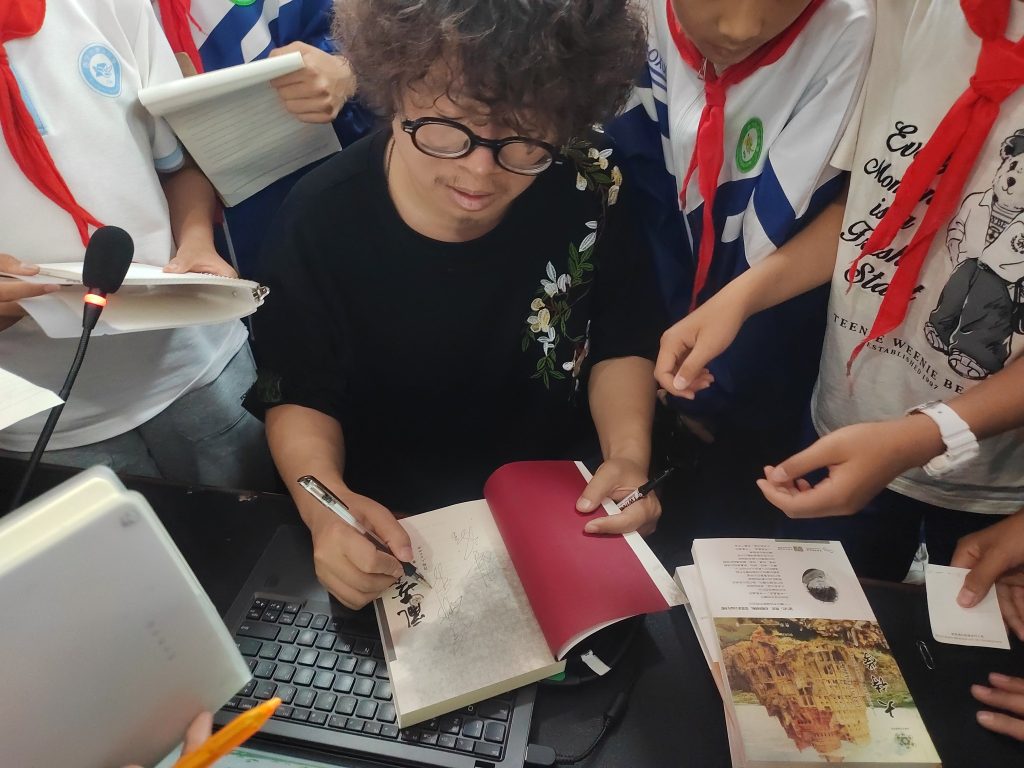
Books That Light the Imagination
Cao Shui also read from a selection of poems by members of the World Poetry Movement, offering the students a window into voices from across the globe—from Africa and Latin America to the Arab world and Europe. The children responded enthusiastically, especially to Cao’s own books, which blend epic themes with a childlike sense of wonder. Among their favorites:
-
“The Great Poetry” – his literary manifesto and poetic guidebook
-
“Lonely Star in Chaos: The Legend of the Prince Tiger Tai” – a mythical tale rich with symbolic depth
-
“The Fairy Stories of the Source of Three Rivers” – a magical journey into Chinese cosmology and folklore
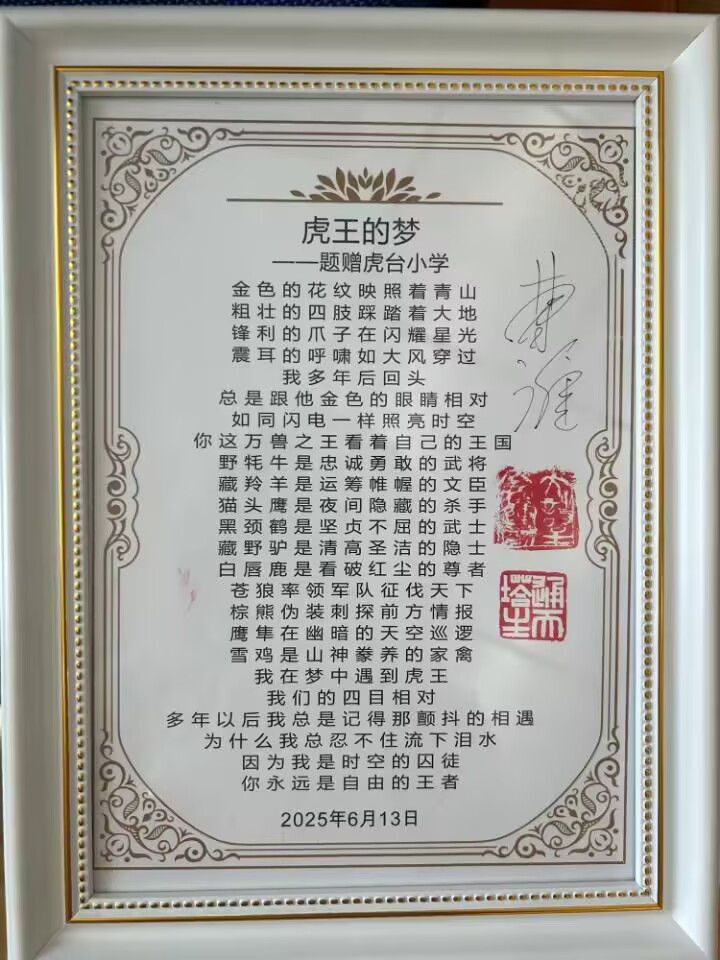
Dedicated to Hutai Primary School
Golden stripes shine upon green mountains,
His sturdy limbs tread the vast earth,
His sharp claws gleam under starlight,
His roar thunders like the wind rushing through.
Years later, when I look back,
I still meet those golden eyes,
Like lightning that lights up time and space.
You, King of All Beasts, gazed upon your kingdom:
The wild yak is your brave and loyal general,
The Tibetan antelope is your wise and strategic minister,
The owl is your hidden night assassin,
The black-necked crane is your unwavering warrior,
The Tibetan wild ass is your pure-hearted hermit,
The white-lipped deer is the elegant beauty of your court.
The gray wolf leads armies to conquer the world,
The brown bear disguises to scout the front lines,
The hawk patrols the darkened skies,
The snow dove is a sacred bird nurtured by mountain gods.
I met the Tiger King in my dream,
Our four eyes met.
Even years later, I remember that trembling gaze.
Why can’t I stop the tears from falling?
Because I am a prisoner of time and space,
While you are forever the free-born king.
June 13, 2025
These titles are already popular among younger Chinese readers, admired for their lyrical beauty and philosophical insight, told in a language both vivid and emotionally resonant.
 Who Is Cao Shui?
Who Is Cao Shui?
A Voice of the New Chinese Literary Renaissance
Born in 1982 in Hunan Province, Cao Shui is one of the most distinctive literary figures in contemporary China. A poet, novelist, screenwriter, and translator, he is the founder of the Grand Poetry Movement, which seeks to unite the mythical, historical, and cosmic dimensions of poetry into a single aesthetic experience.
He is also the author of the “Great Poetry Manifesto”, which calls for the reintegration of poetry into everyday life—not as academic ornament, but as a core part of human expression and cultural continuity. His work has been translated into more than a dozen languages and presented at international literary festivals, including the International Poetry Festival of Medellín, the Silk Road Poetry Festival, and the World Congress of Poets.
Poetry as a Seed of the Future
This workshop represents more than an educational event—it is a poetic awakening. It reveals the potential of children, when empowered with language and imagination, to become storytellers of their own experiences. In many ways, it also aligns with a global movement to bring literature back to the center of education—not just to teach reading and writing, but to shape identity, empathy, and artistic confidence.
The WPM’s model, piloted in several countries—including Colombia, Morocco, South Africa, Uzbekistan, and now China—demonstrates that poetry, far from being a relic, remains one of the most vibrant tools for cultural connection and human development.
 A Final Thought from Cao Shui
A Final Thought from Cao Shui
At the end of the workshop, as students shared their freshly written poems and lined up for copies of the books, Cao Shui smiled and said:
“We are all travelers in a world of stories. Today, your poems are not just words on paper—they are the maps of your hearts. Write them. Keep writing them. This is how the world listens.”

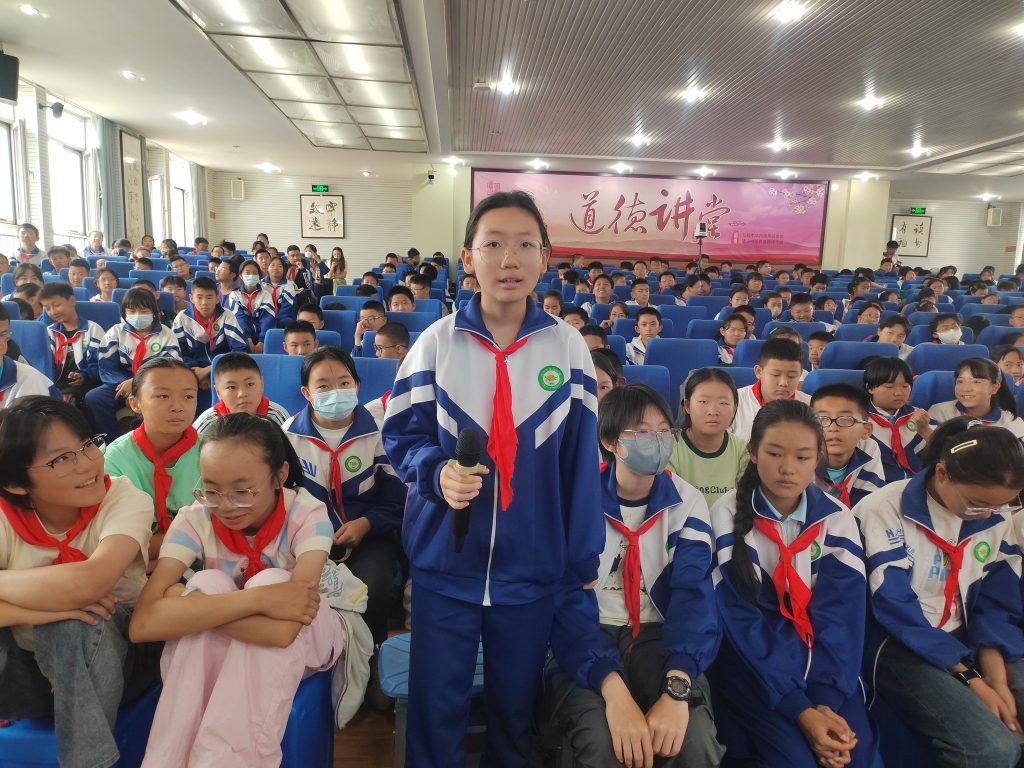 A Global Educational Vision in a Local Chinese Classroom
A Global Educational Vision in a Local Chinese Classroom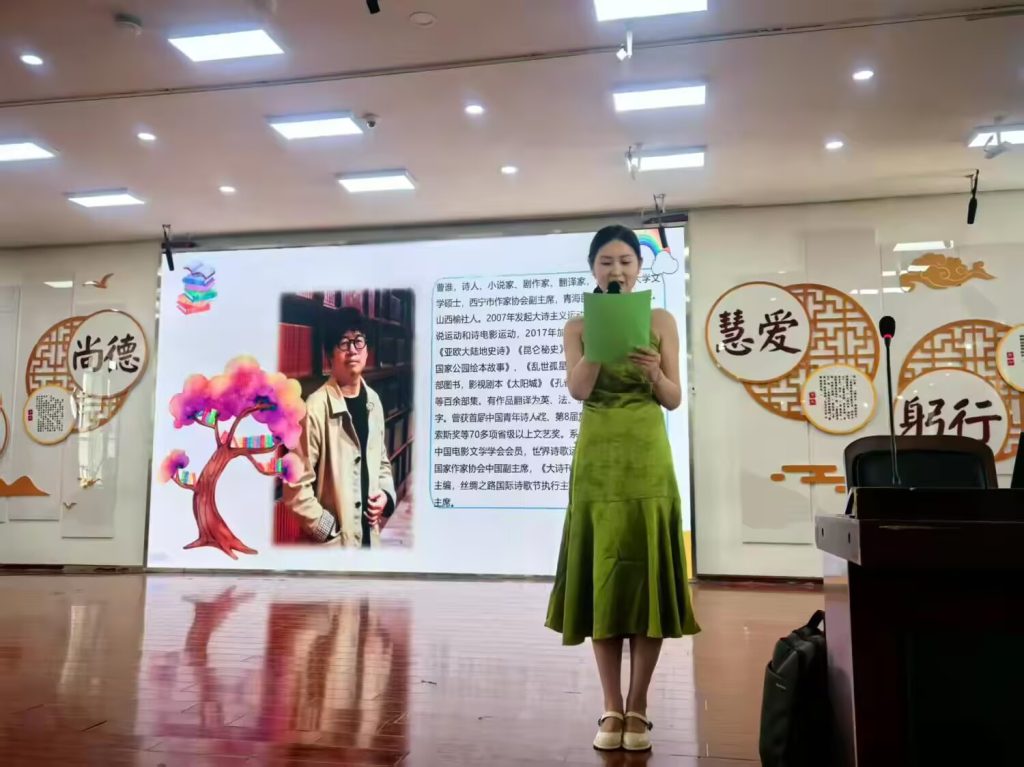 Who Is Cao Shui?
Who Is Cao Shui?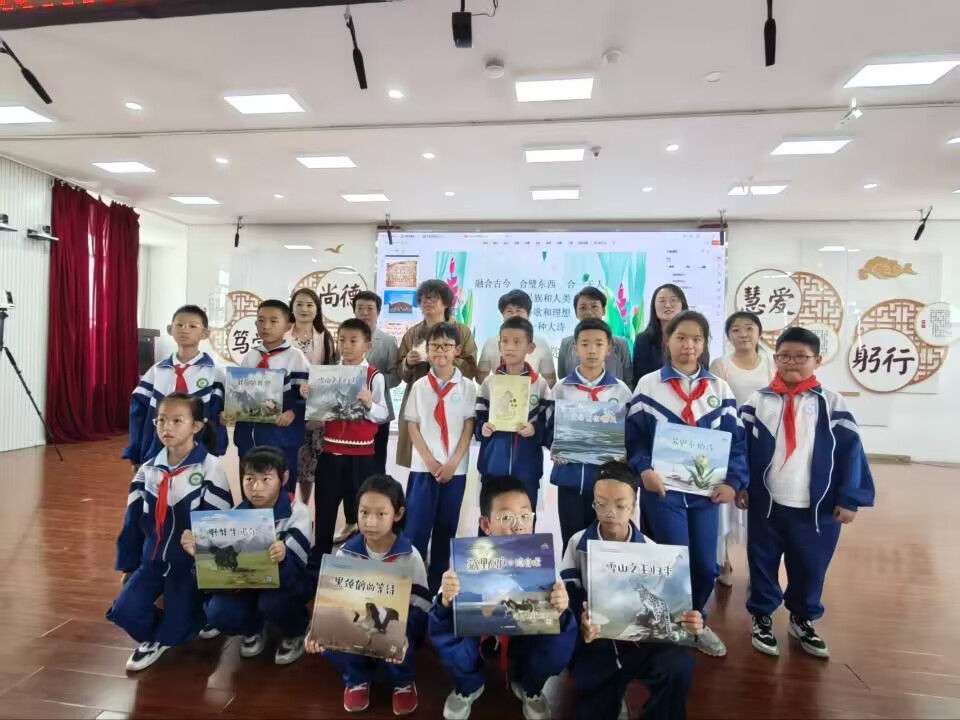 A Final Thought from Cao Shui
A Final Thought from Cao Shui
